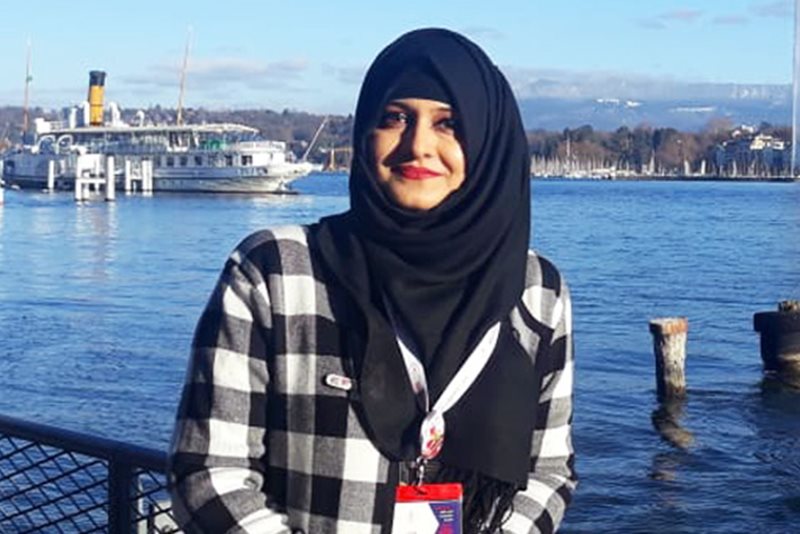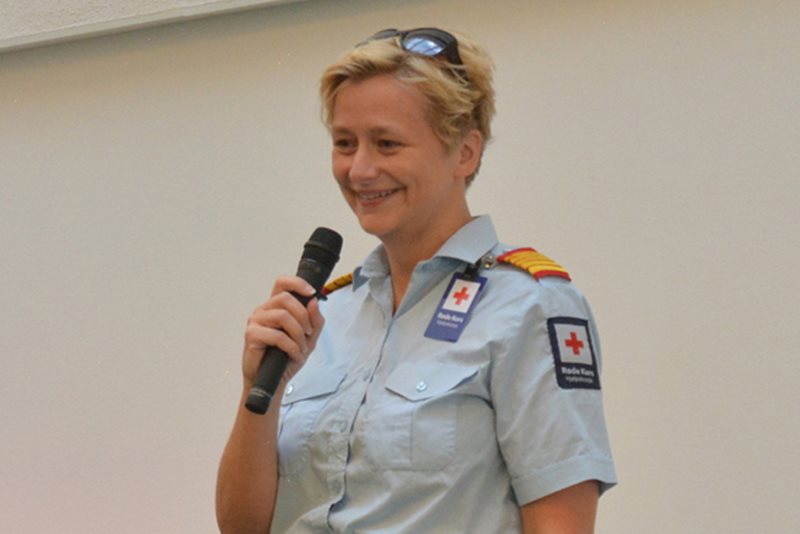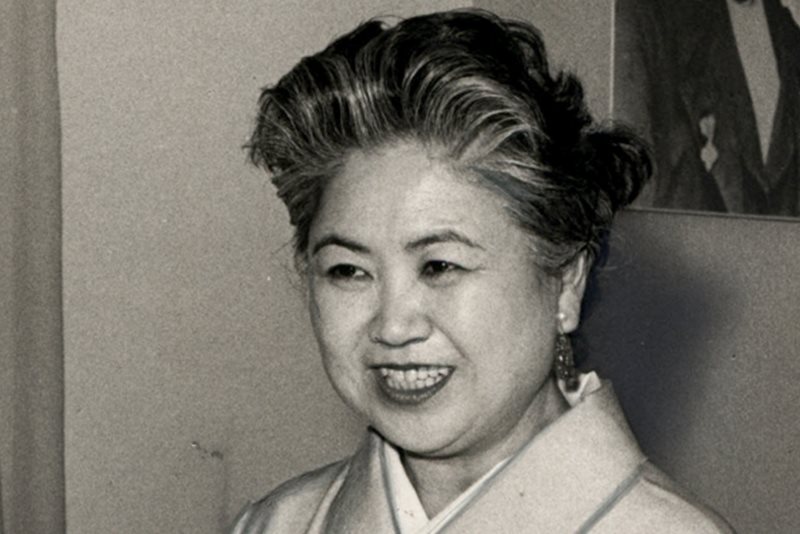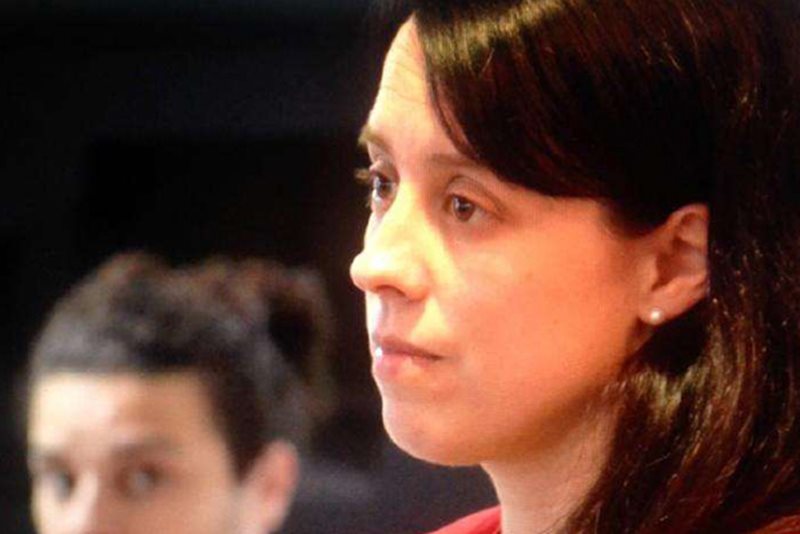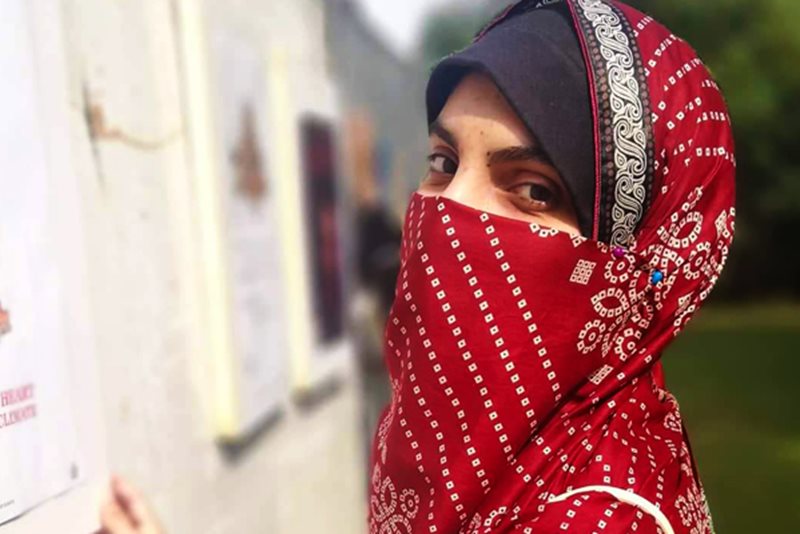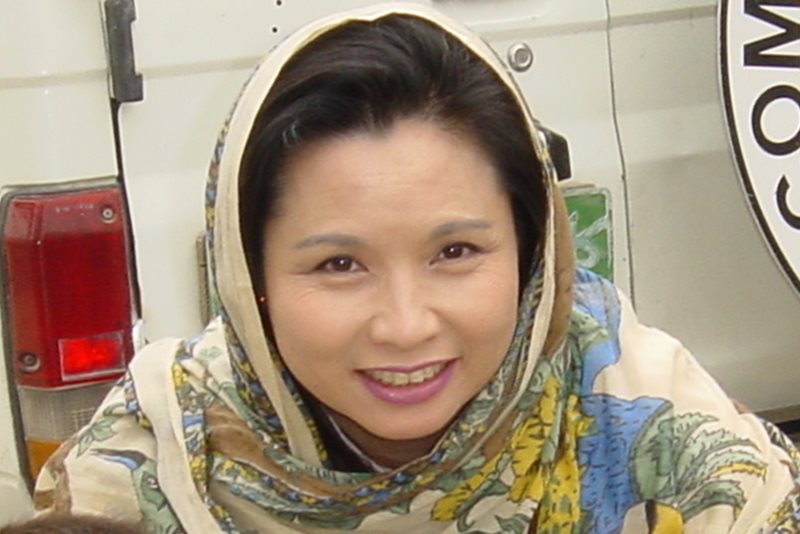Born on 4 February 1937 in the little village of Tübach, Rosmarie Nüssli dreamt of becoming a doctor. As high school wasn't an option for a young woman at that time, she resigned herself to training as a clerk and found an office job. But she didn’t give up on her dream. She took evening classes to gain the qualifications needed for university and entered the medical faculty in Zurich. Fresh out of medical school, Dr Rosmarie Nüssli started working at the Zurich children's hospital. It was right at the time that the hospital signed an agreement with the SRC. This have her the opportunity to deploy to Vietnam on a humanitarian mission. In late 1967 she got in charge of a team of three Swiss nurses assigned to a Vietnam children’s hospital.
With the aim of improving the medical care of sick children, the SRC had a children's hospital in Da Nang. Located 200km south of the demarcation line, this coastal town of 250,000 people provided refuge for large numbers of people who had fled the fighting. The aims of the SRC were to care for the hospitalized children, train the local nursing personnel in pediatric care and run the hospital until it could be handed over to the Vietnamese medical authorities.
From the moment they started work on 1 January 1968, Dr Nüssli's team was faced with very difficult conditions. Hygiene was inexistent - there weren't enough nappies, mattresses or clean sheets and often no running water. The hospital was full to bursting - just 70 small beds for over a hundred sick children. In addition, each patient was accompanied by a relative because Vietnamese nurses basically only gave out medicines or injections.
– Dr Rosmarie Nüssli, Switzerland”Children with no family members there to take care of their basic needs, had no chance of making it”
The children were generally in a pitiful state when they arrived at the hospital - often very dirty and totally exhausted. Many were suffering from acute malnutrition, parasitic infections and diarrhea. Cases of plague, typhus and tuberculosis were not uncommon. There were also many premature babies, most weighing barely more than a kilo. All would need long, intensive care. But Dr. Rosmarie Nüssli did not give way to despair and resignation. She admired the children's extraordinary temperament; they were unpredictable and full of resources. Fighting against all odds to save every child's life "helped us to maintain our humanity," she remembers.
On the evening of 30 January 1968, during the Tet festival - the Vietnamese new year - the north Vietnamese forces and the southern Viet Cong launched a major offensive against the main towns in the region. They managed to take over several neighborhoods in Da Nang. Having stayed the night at the bedside of their young patients the Swiss nurses narrowly escaped the violent attacks. While the Swiss delegation in Kontum was quickly evacuated to Saigon, Dr. Rosmarie Nüssli and her team decided to continue with their mission despite the ever-present danger.
The town barricaded itself in. The SRC delegates were no longer authorized to go back to their lodgings. For their own safety, they stayed on the MS Helgoland, the German Red Cross hospital ship that was there to treat wounded civilians. They slept on board for several weeks. Every evening the humanitarian ship sailed out to sea and dropped anchor far enough from the shore to avoid becoming a target. Thanks to this veritable 'island of safety', the young women were able to carry on their work at the hospital during the day. So, they managed to stay in Da Nang despite the dramatic turn of events. Ultimately the mission continued until June 1968.

Across all regions, between 45-57 per cent of Red Cross and Red Crescent volunteers are women.





